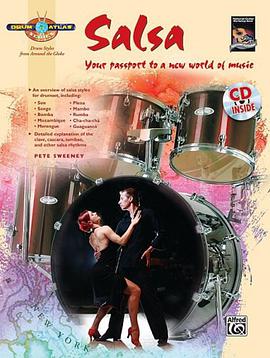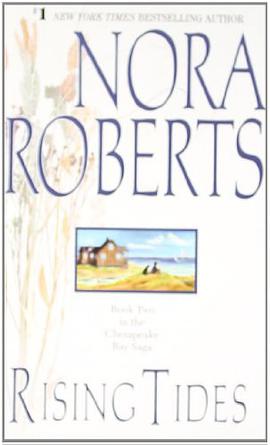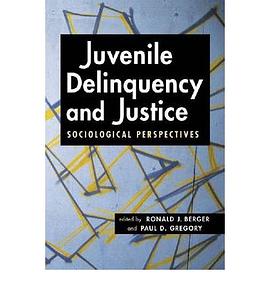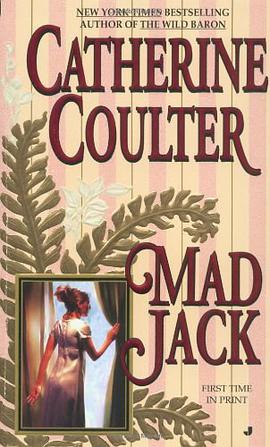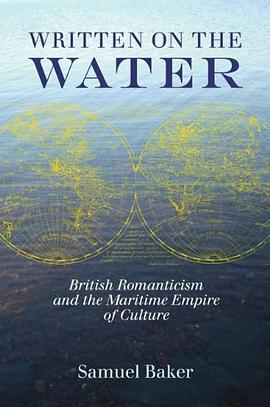

具體描述
The very word "culture" has traditionally evoked the land. But when such writers as William Wordsworth, Samuel Taylor Coleridge, Lord Byron, and, later, Matthew Arnold developed what would become the idea of modern culture, they modeled that idea on Britain's imperial command of the sea. Instead of locating the culture idea's beginnings in the dynamic between the country and the city, Samuel Baker insists on taking into account the significance of water for that idea's development. For the Romantics, figures of the island, the deluge, and the sundering tide often convey the insularity of cultures understood to stand apart from the whole; yet, Baker writes, the sea also stands in their poetry of culture as a reminder of the broader sphere of circulation in which the poet's work, if not the poet's subject, inheres.Although other books treat the history of the idea of culture, none synthesizes that history with the literary history of maritime empire. Written on the Water tracks an uncanny interrelationship between ocean imagery and culturalist rhetoric of culture forward from the late Augustans to the mid-Victorians. In so doing, it analyzes Wordsworth's pronounced ambivalence toward the sea, Coleridge's sojourn as an imperial functionary in Malta, Byron's cosmopolitan seafaring tales, and Arnold's dual identity as "poet of water" and prose arbiter of "culture." It also considers Romanticism's classical inheritance, arguing that the Lake Poets dissolved into the idea of culture the Virgilian system of pastoral, georgic, and epic modes of literature and life.This compelling new study will engage any reader interested in the intellectual and literary history of Britain and the lived experience of British Romanticism.
著者簡介
圖書目錄
讀後感
評分
評分
評分
評分
用戶評價
相關圖書
本站所有內容均為互聯網搜索引擎提供的公開搜索信息,本站不存儲任何數據與內容,任何內容與數據均與本站無關,如有需要請聯繫相關搜索引擎包括但不限於百度,google,bing,sogou 等
© 2025 book.quotespace.org All Rights Reserved. 小美書屋 版权所有








